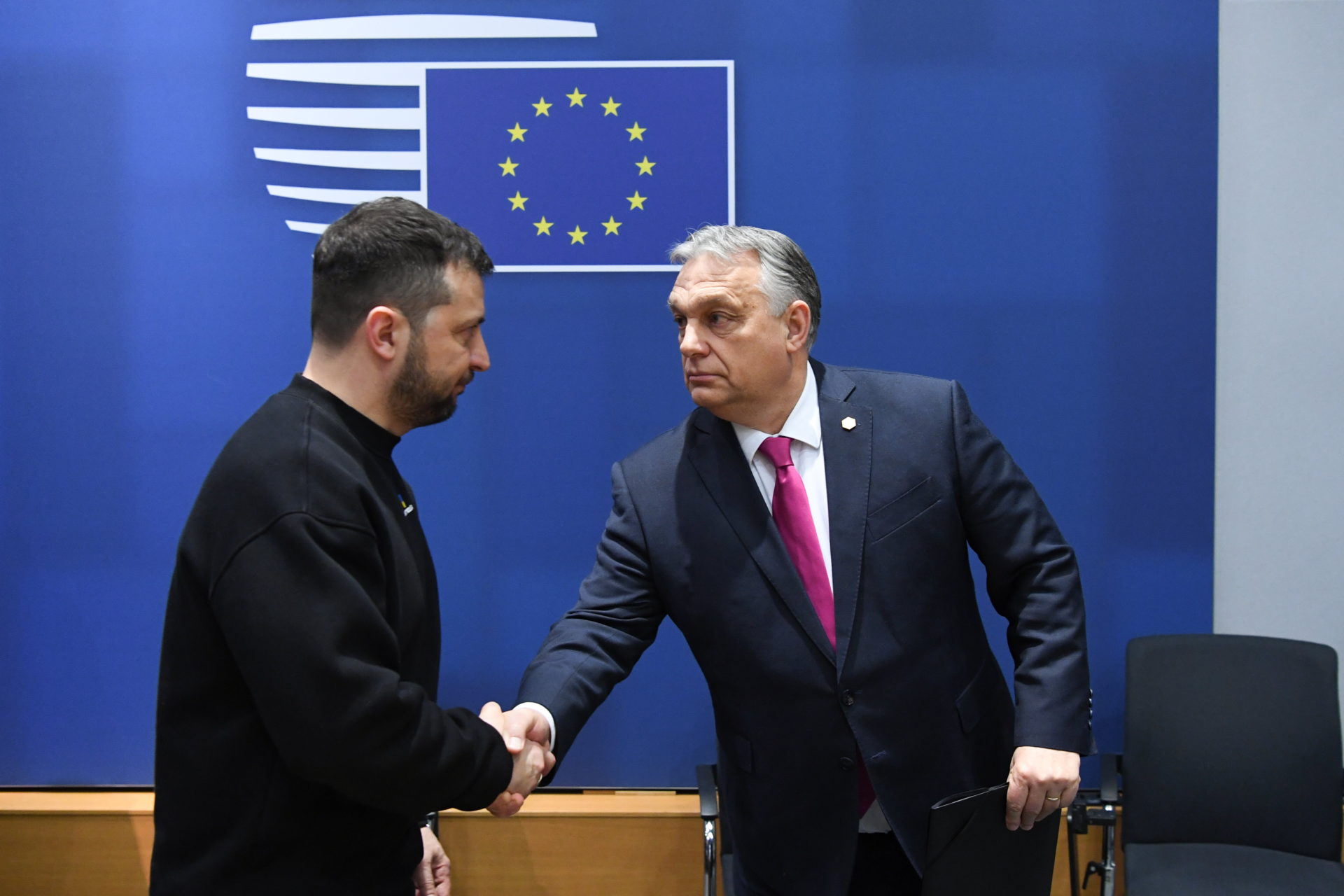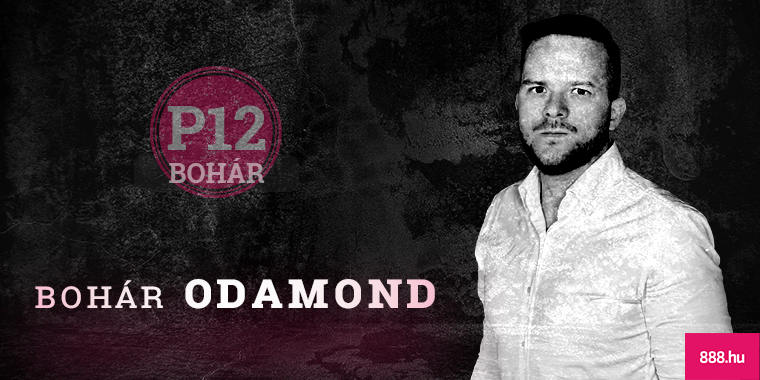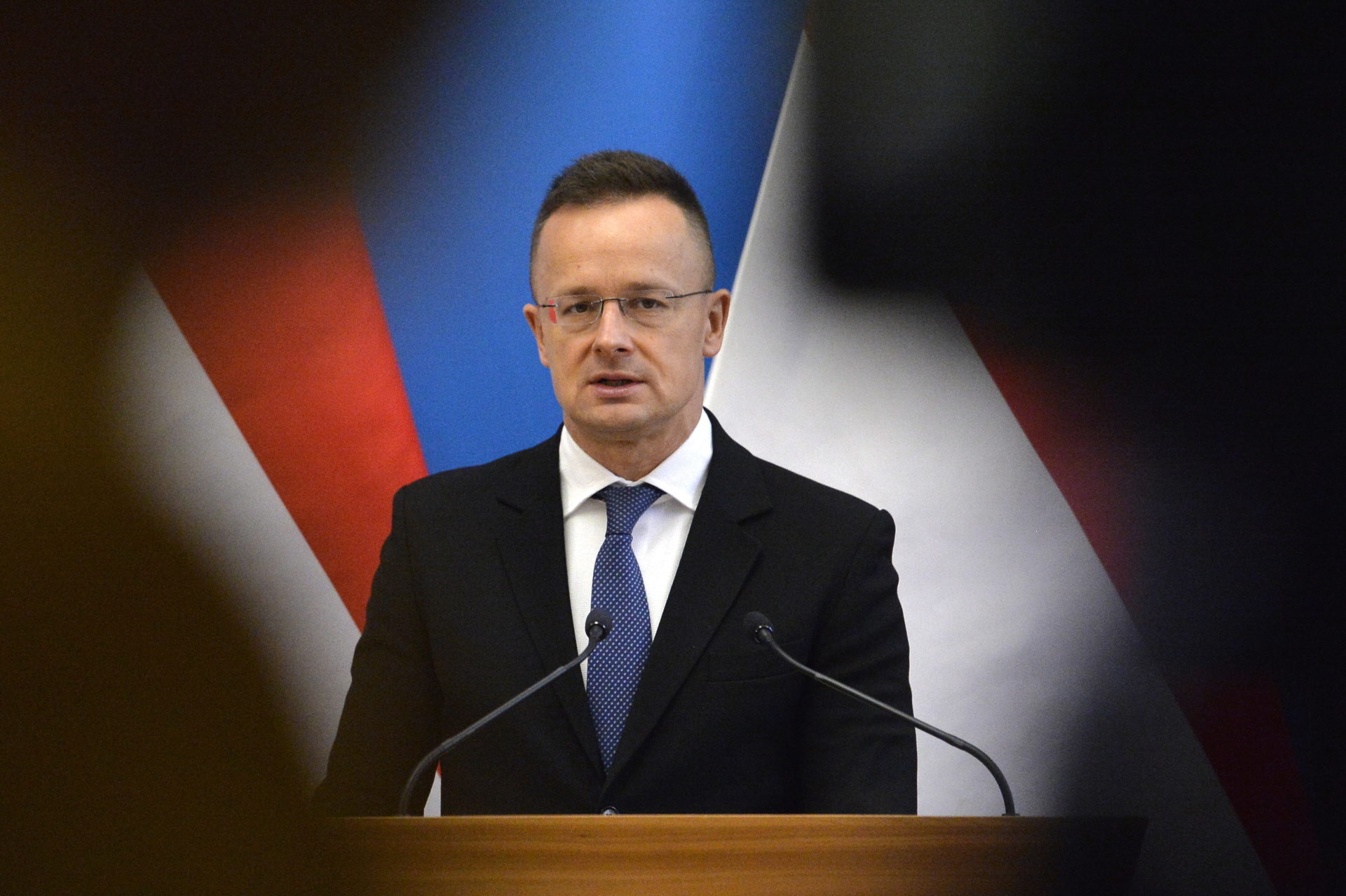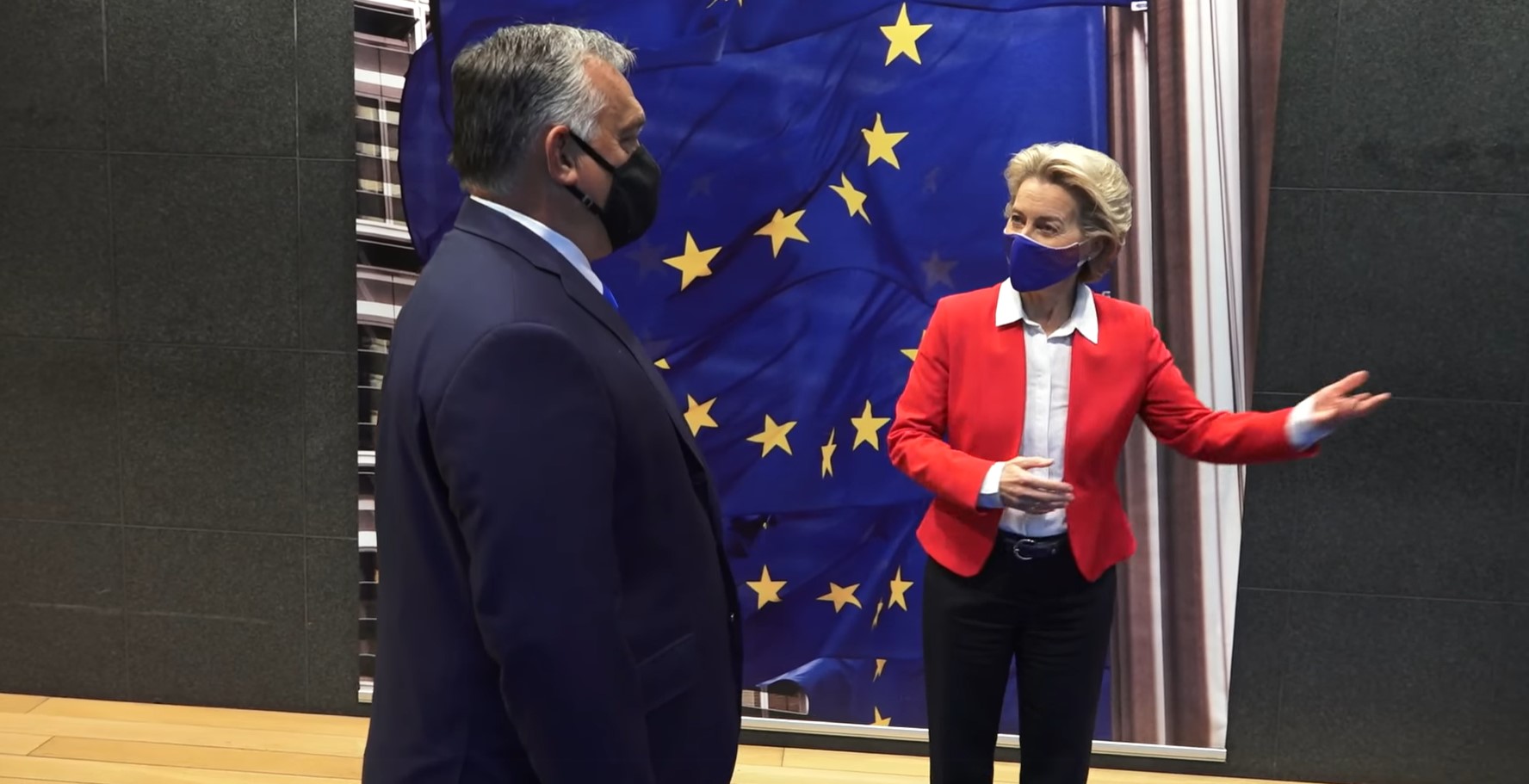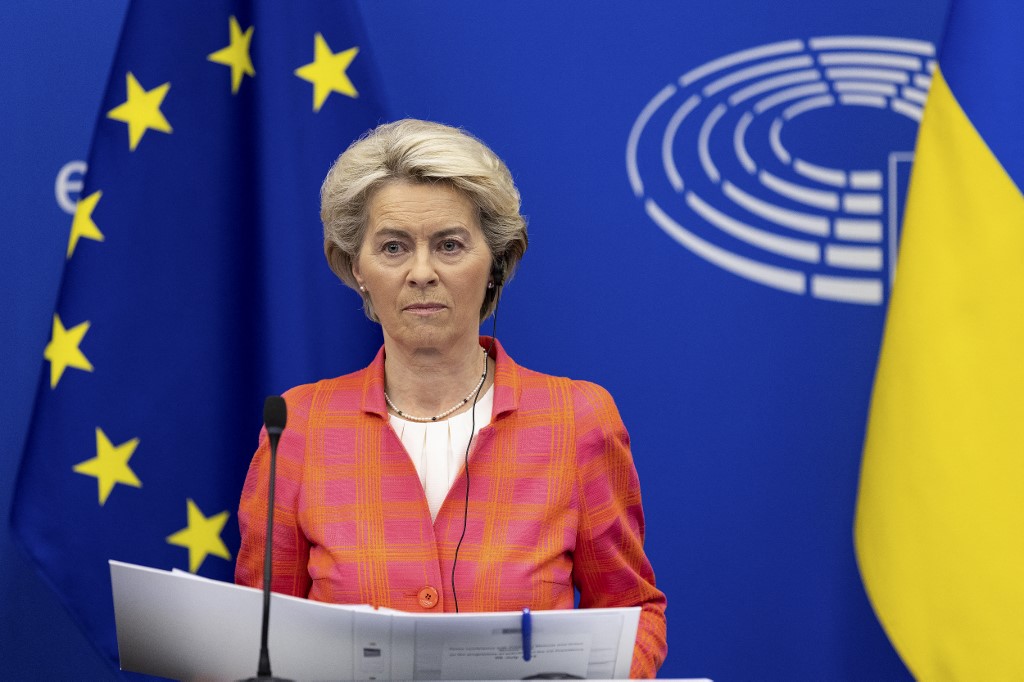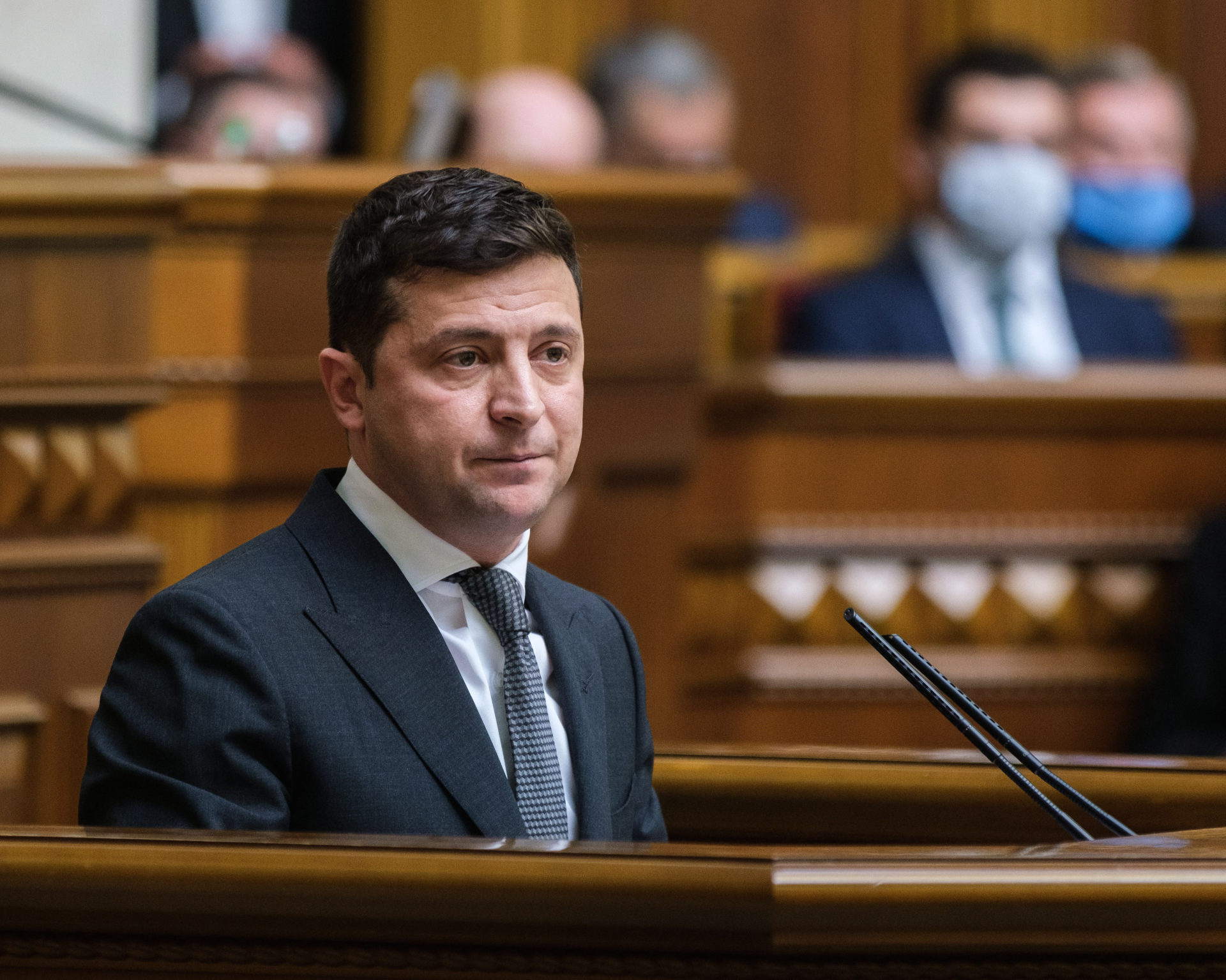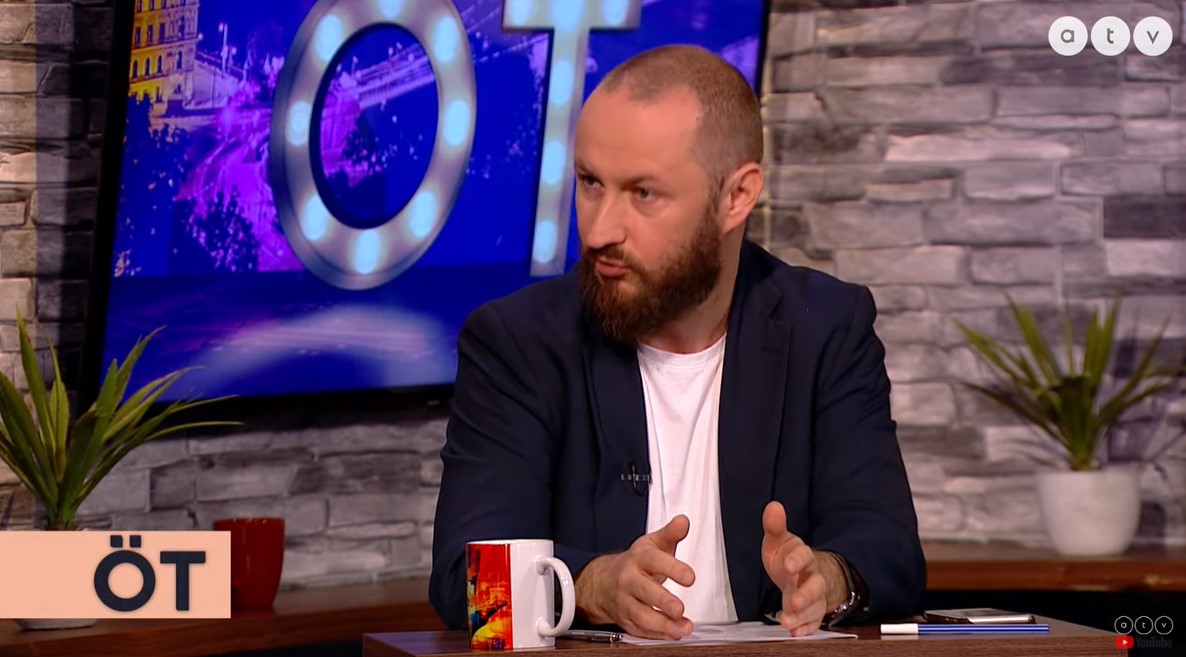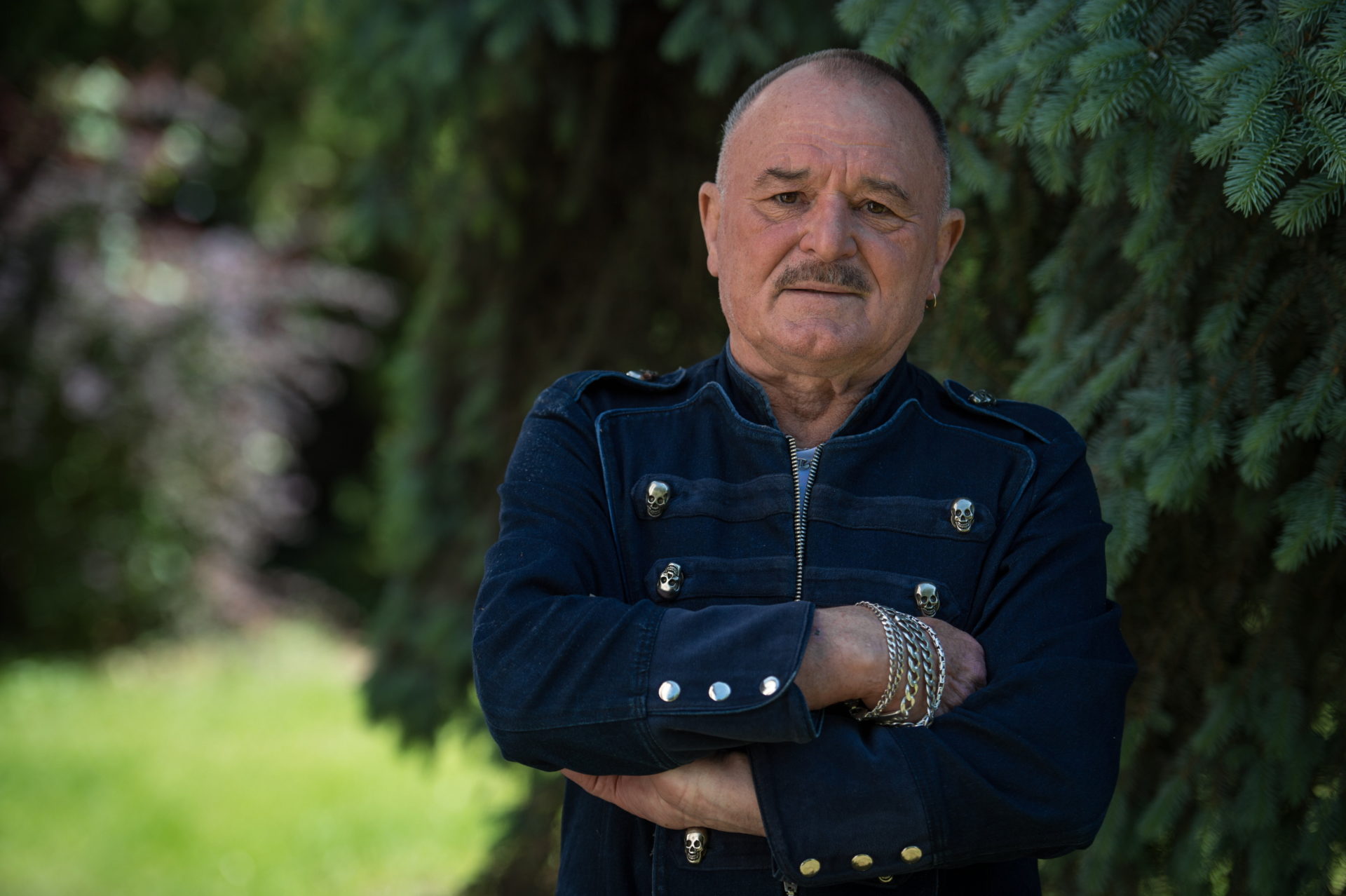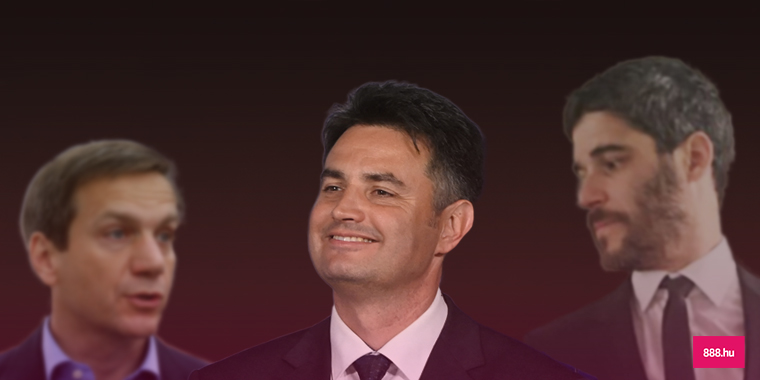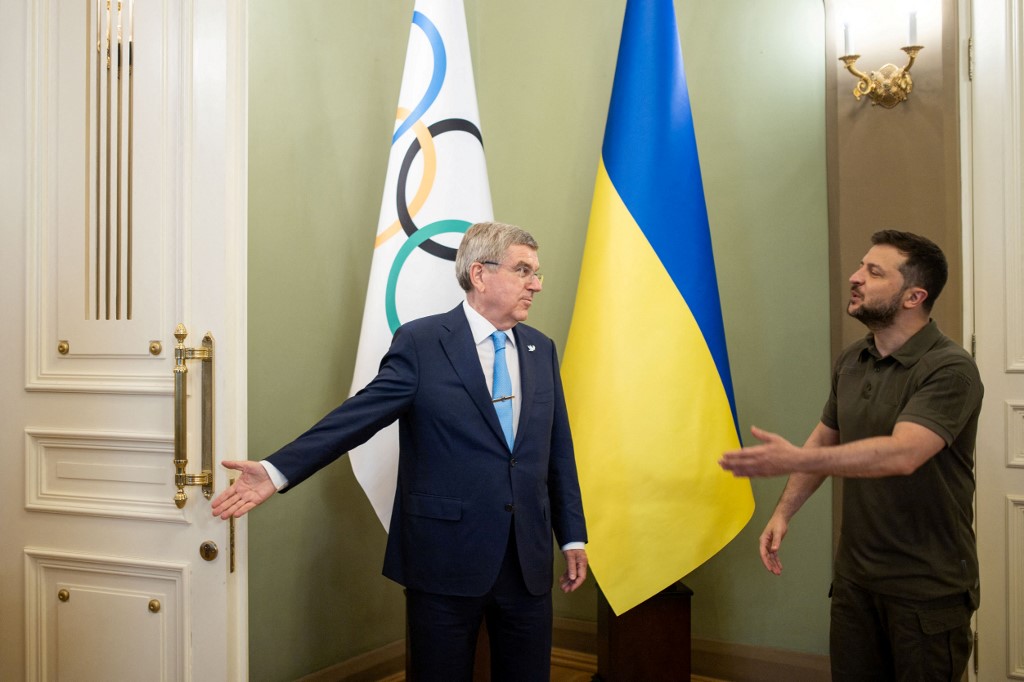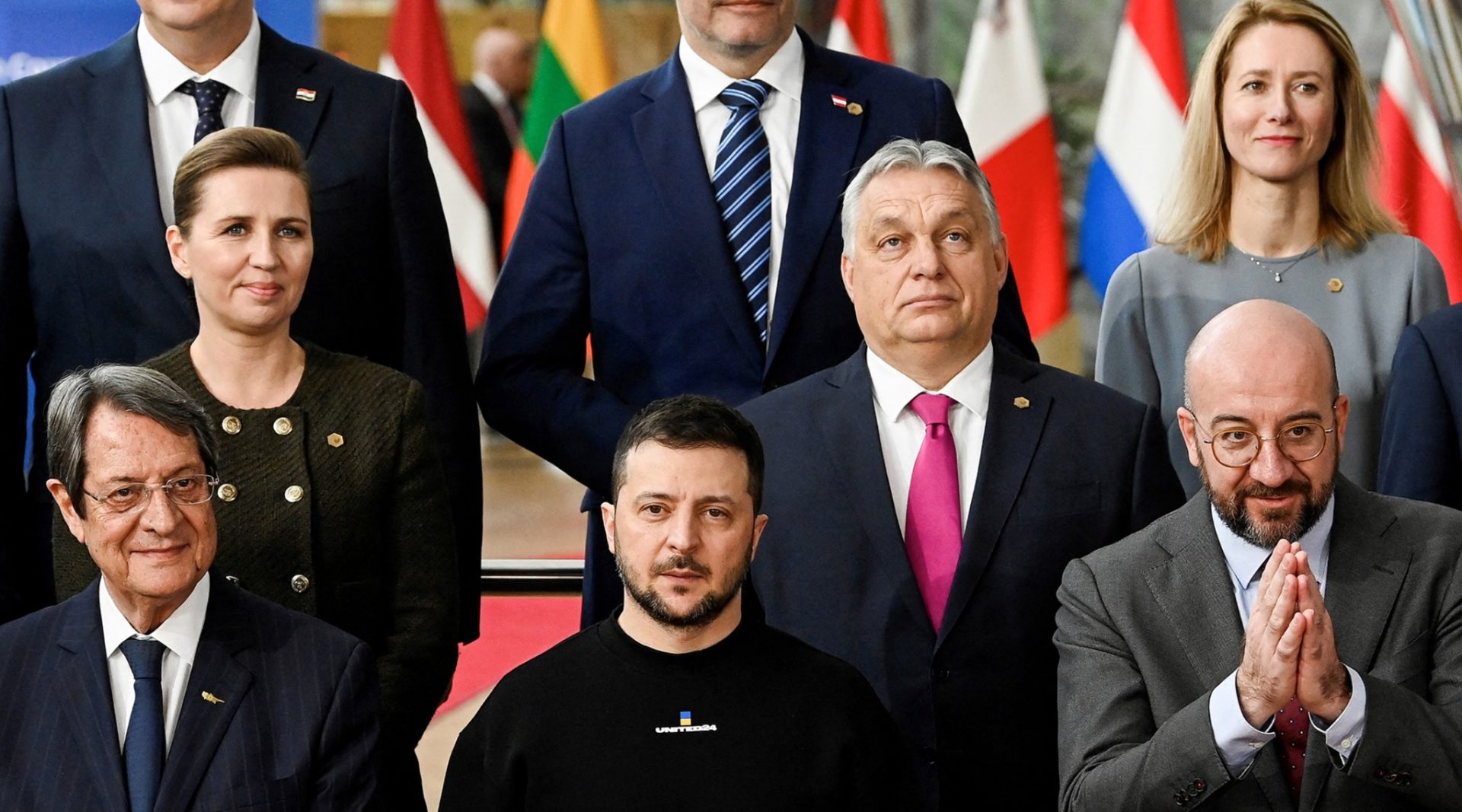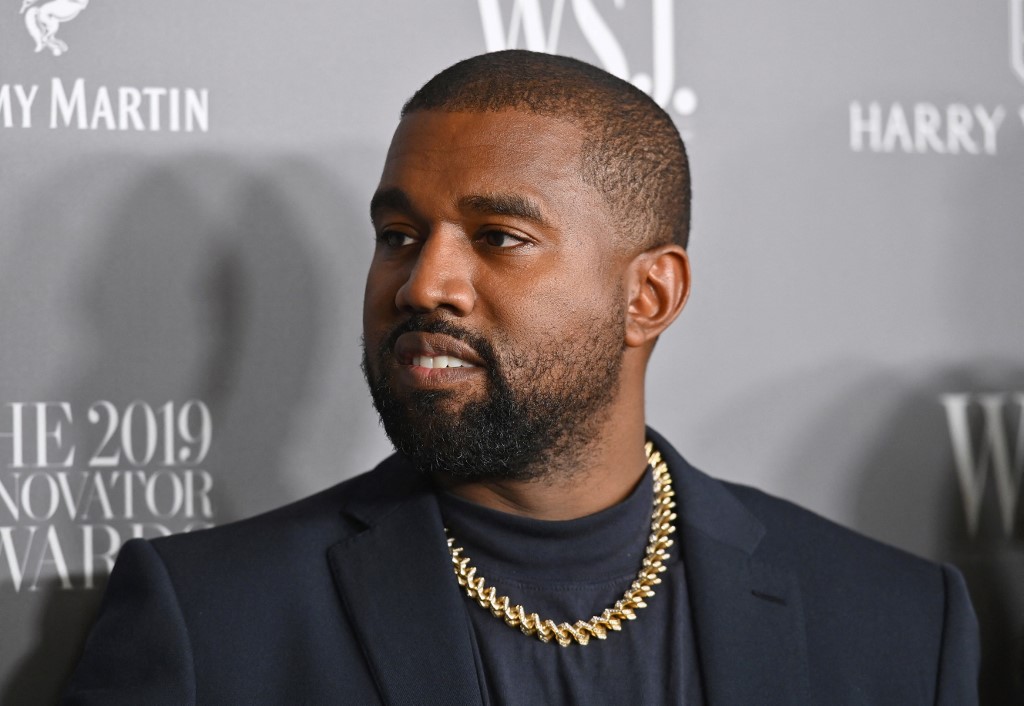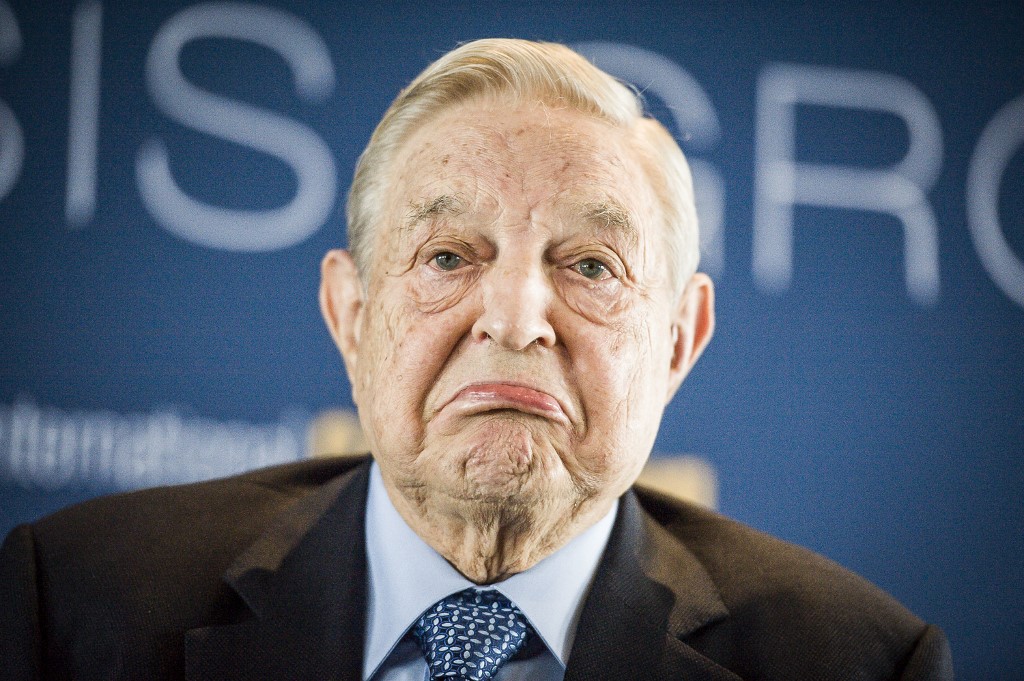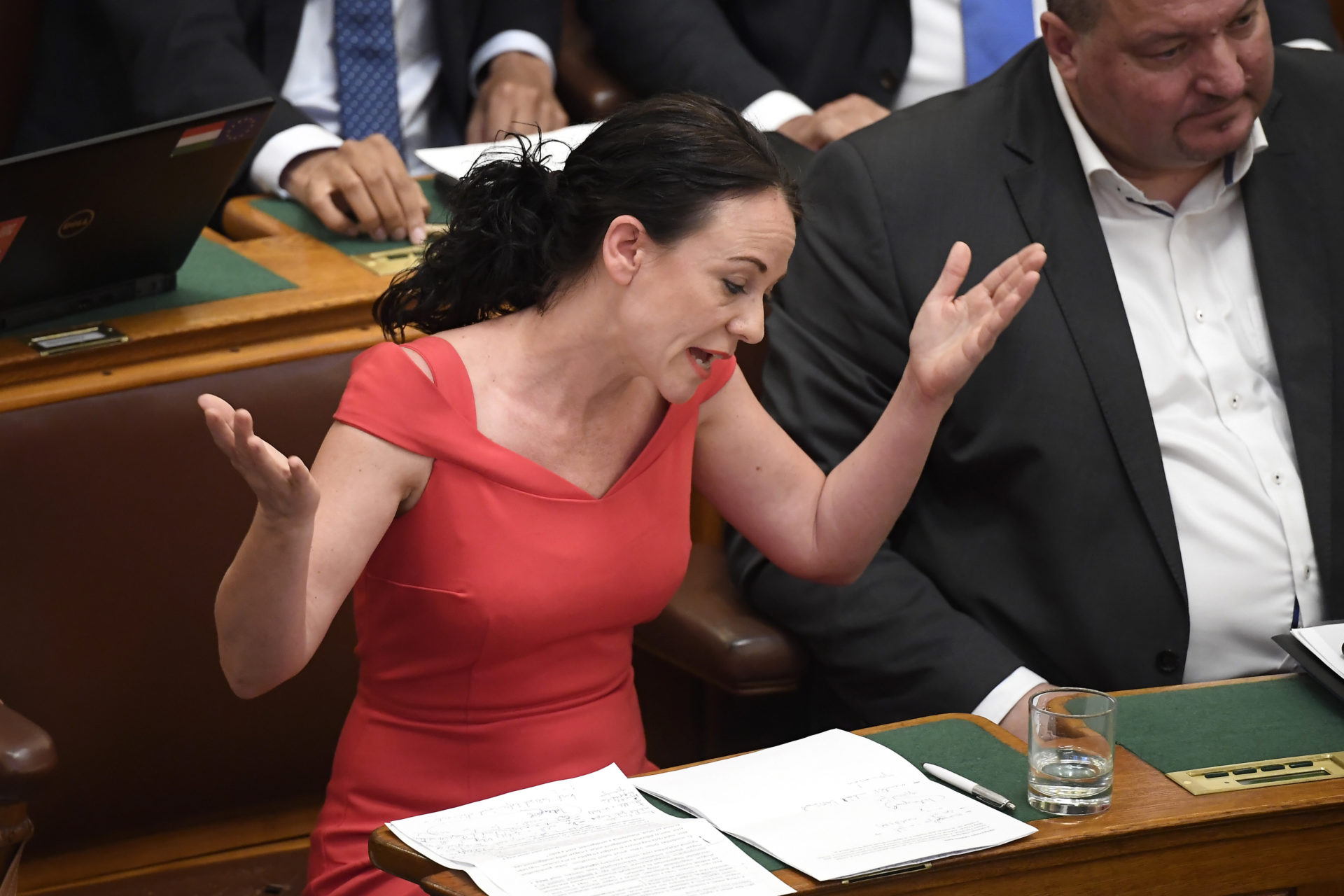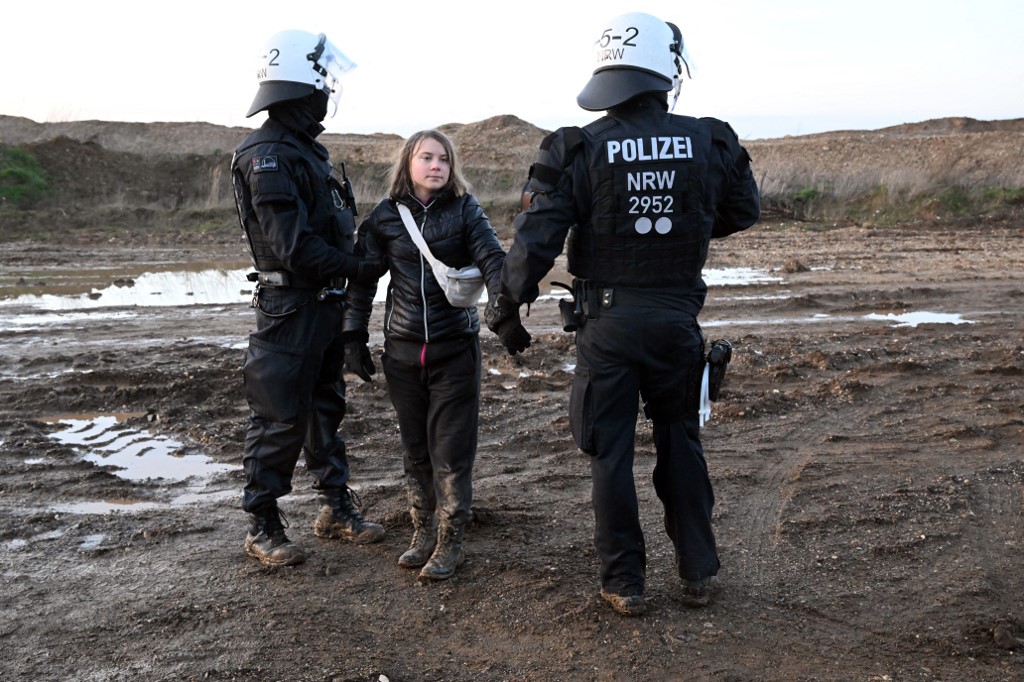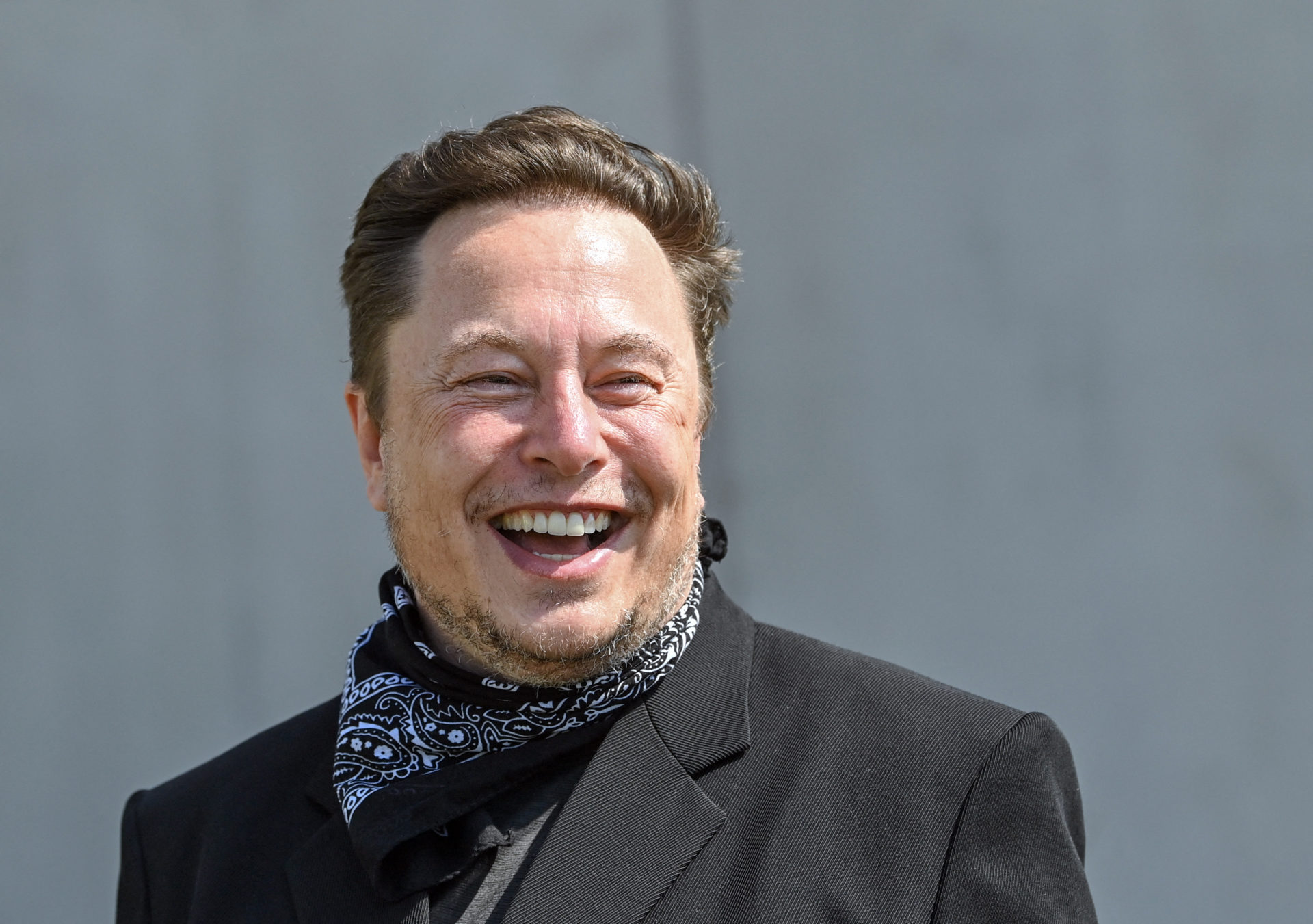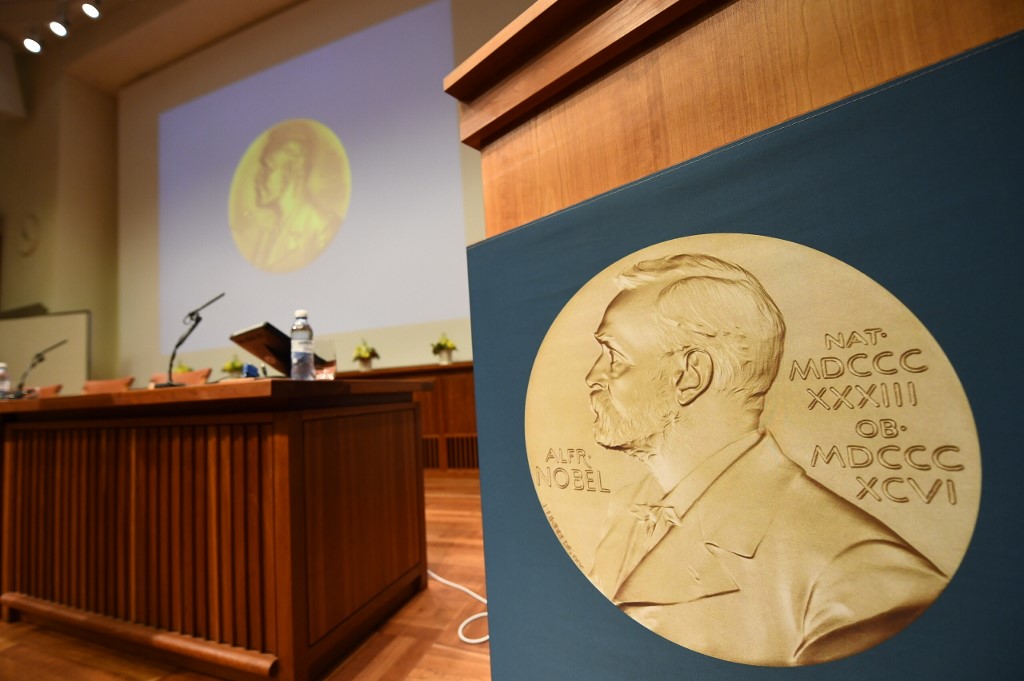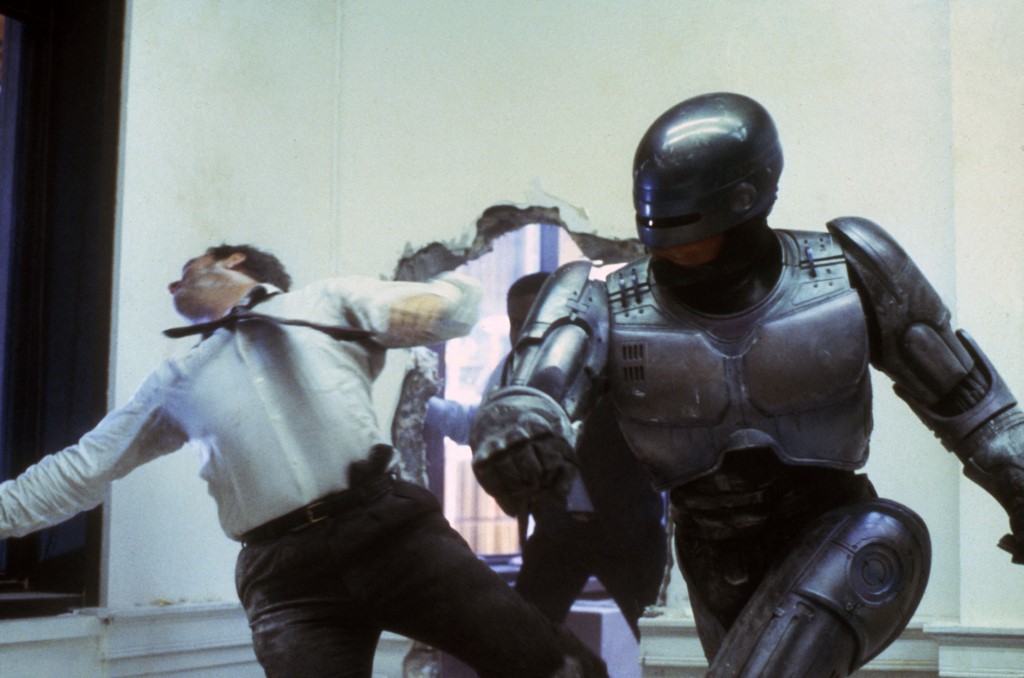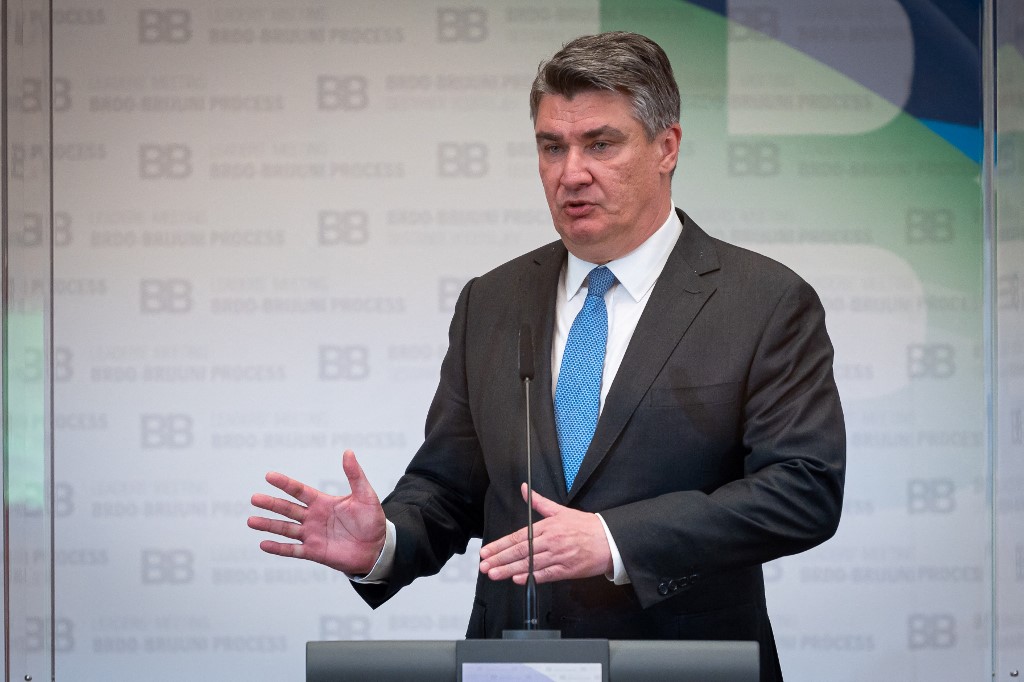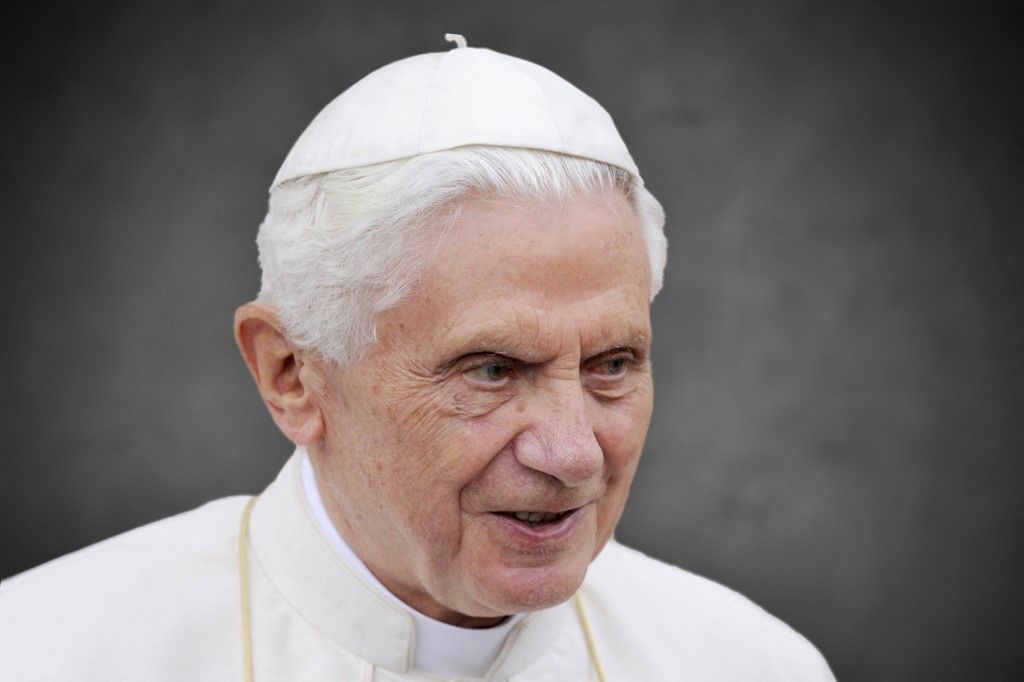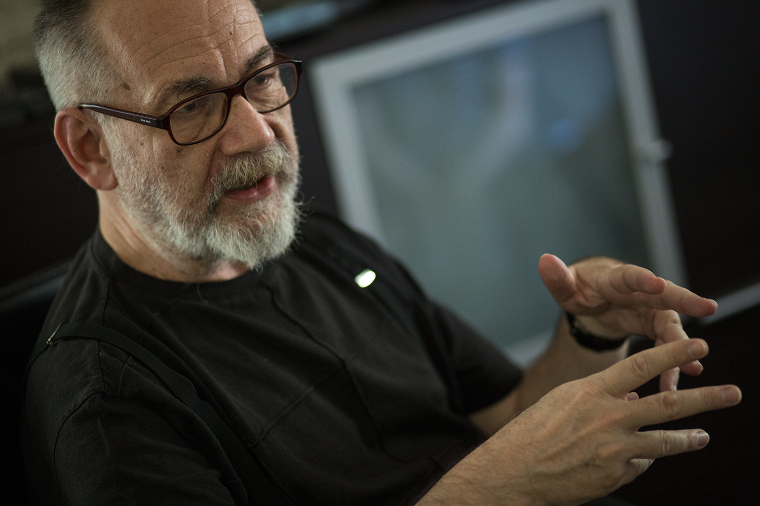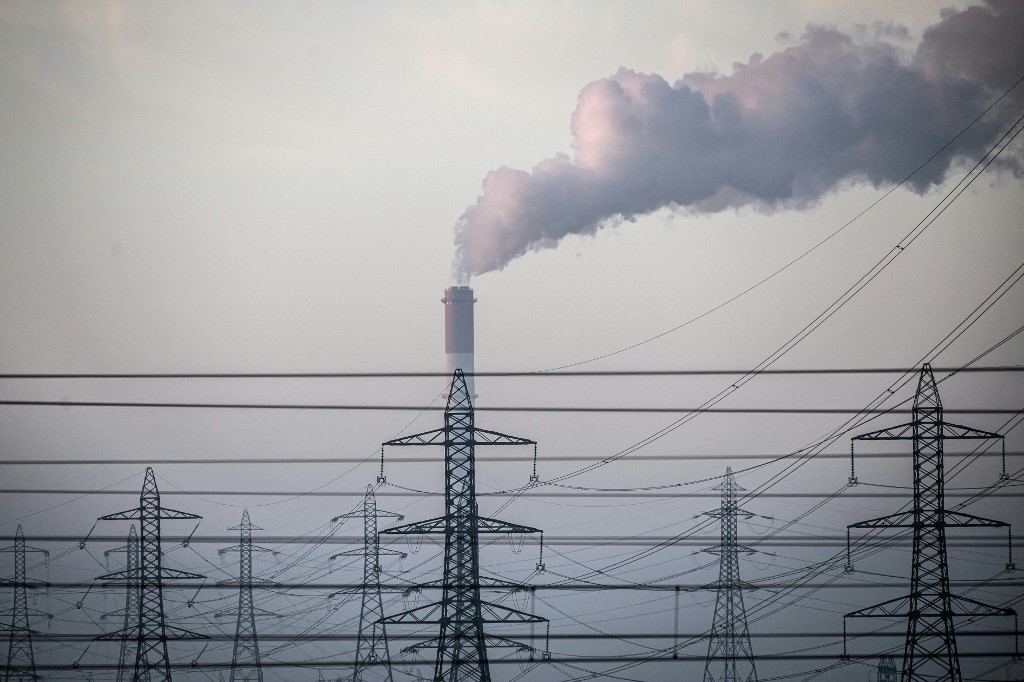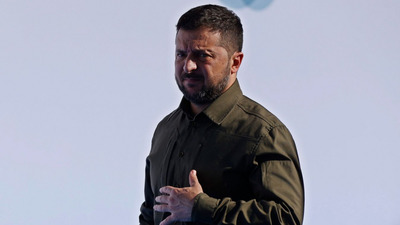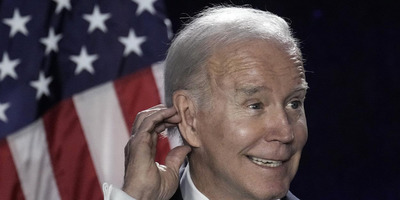Weber wasn’t the first Eurocrat who acted tough on Orbán and failed miserably
2019.07.04. 17:25
1) José Manuel Barroso
The Portuguese politician served as President of the European Commission between November 2004 and October 2014.
He headed the Commission when the Hungarian Parliament voted to introduce an amendment (the fourth in line) to the country’s constitution. During this time, Barroso wrote a letter to PM Orbán, expressing his doubts whether the fourth amendment is in line with „EU constitutionality” and the rule of law. The fact that Barroso claimed this as the head of an institution, which completely lacked transparency and operated on the base of nepotism, was already quite humorous.
But let us make a quick clarification. The most important policies the fourth amendment entailed were 1) living on the street can be regulated by law for the sake of public order, public health and the protection of cultural sites. However, the state, along with the local governments are obliged by the constitution to provide shelter for those in need. 2) That anyone whose studies will be financed completely by the state should find work in Hungary first. 3) A family consists of a man, a woman (his spouse) and their offpsrings.
So Barroso, based on some European sense of „rule of law”, demanded Orbán to do away with this amendment back in April 2013. Flash-forward to 2019: Fidesz-KDNP is the most popular of all political parties in Hungary, Viktor Orbán is alive and kicking, and so is the Constitution of Hungary.
Barroso, however, has been lost to the abyss.
2) Viviane Reding
Similarly, to Barroso, her main concerns were also with the Constitution of Hungary back in 2013. She however, was even more vehement than the Portuguese politician, her goal was to get Fidesz expelled from the European People’s Party.
According to some, this was part of her strategy to become President of the European Commission. In order to do that however, Reding needed the support the European socialists as well. Basically, her strong criticism of Viktor Orbán and Fidesz was nothing more than a gesture made towards the socialists.
She tried. She failed.
3) Daniel Cohn-Bendit
Probably the loudest critic of Viktor Orbán on the list – which is unsurprising, knowing he was one of the leaders of the student uprising of 1968. He served as co-chairman of the Greens/European Free Alliance in the European Parliament until 2014.
He first criticised Viktor Orbán in 2011 for the Hungarian media law, claiming that it was not more than government-imposed censorship. The law however clearly stated that media imbalance cannot be sanctioned, and fines cannot be inflicted – not to mention that opposition media functions perfectly in Hungary up to this day.
Cohn-Bendit then criticised Orbán once more: he disapproved of the fact that the Hungarian constitution starts with the first line of the Hungarian national anthem:
O God, bless that nation of Hungary!„
This however should not be surprise. After all, in his 1975 autobiography Cohn-Bendit himself writes that he engaged in intimate relations with underage children. Someone of his nature would clearly feel repulsed by Christian values.
He had his run, but now nobody even hears from him. Good riddance.
4) Martin Schulz
Leader of the Progressive Alliance of Socialists and Democrats (S&D) between 2004 and 2012, then President of the European Parliament from 2012 to 2017, and finally leader of the Social Democratic Party of Germany (SPD) from 2017 to 2018.
Schulz is a marvellous politician in some sense. After all, he managed to grab all these important positions without ever graduating from high school.
We could ride the same hobbyhorse we did with Reding, Barroso and Cohn-Bendit regarding the debate around the Hungarian constitution. Nevertheless, whatever Schulz said in this matter is by now long forgotten, and the German politician has been expelled from the frontlines of European politics.
But Schulz is also a failure back in Germany. In 2017, he was elected as leader of SPD with 100 % approval, but less than a year later he was forced to resign. Ever since then, SPD has failed to regain its status. Even his successor, Andrea Nahles failed to save SPD, which resulted in her resignation.
5) Matteo Renzi
The former Italian Prime Minister attacked Viktor Orbán at the height of the migrant crisis, when Hungary erected a fence ont he southern border. Renzi believed that member states of the European Union „should not erect walls” from EU resources.
He dubbed this practice „egotistic”, and promised to try and withdraw EU funds from Hungary for stopping migration. Viktor Orbán retorted by saying
We shall see where we will be in 2020, and what we will be doing.”
Needless to say, time proved Orbán to be correct: failing to deal with the immigration crisis, Renzi went down as probably the least successful leader in 21st century Italy. His memory has been quickly swept away by Deputy Prime Minister and Minister of the Interious Matteo Salvini, whose anti-immigration policies has made him extremely popular.
6) Werner Faymann
Former Chancellor of Austria and chairman of the Social Democratic Party of Austria (SPÖ) from 2008 to 2016.
Similarly to Renzi, Faymann was also a strong critic of Orbán’s immigration policy back in 2015, claiming that what the Hungarian PM did was reminiscient „of the darkest chapter of our continent’s history.”
Austria took in around 90 000 immigrants in that year, but Faymann’s idealism proved weak to successfully tackle the issue of immigration. The country’s institution failed to cope with the hundreds of thousands of arrivals in Austria. In consequence, his party, SPÖ, along with the Austrian People’s Party has suffered a humiliating defeat in the 2016 presidential elections.
Less than a year later, Faymann realised Orbán was right, and claimed Austria is ready to erect a fence of its own. But the realization came to late, and the Austrian chancellor was forced to resign.
He was on the wrong side of history. Viktor Orbán was not.
7) Finally, Manfred Weber
Spitzenkandidat of the EPP in 2018-2019, formerly the leader of the EPP in the European Parliament.
The Bavarian politician was somewhat of a controversial candidate, considering he completely lacked executive experience, and the fact that effectively no one in Europe recognized his face (according to some polls, many people in Germany mistook him for Martin Schulz).
When Fidesz started their poster campaign targeting European Commission President Jean-Claude Juncker and pro-immigration billionaire George Soros, Weber was quick to attack Viktor Orbán for the move. More on, he even went as far as to say that he would not want to become President of the European Commission with votes from Fidesz.
Today, he probably regrets ever saying that. Ha failed to grab the position after the European Council did not nominate him. Instead, Ursula von der Leyen will succeed Juncker.
Shortly afterwards, Weber announced he would withdraw from the lead candidate race for the European Commission, claiming that
Macron and Orbán killed the Spitzenkandidat process.”
Considering the people mentioned earlier in this list, it seems that Weber can also say goodbye to his dreams.
